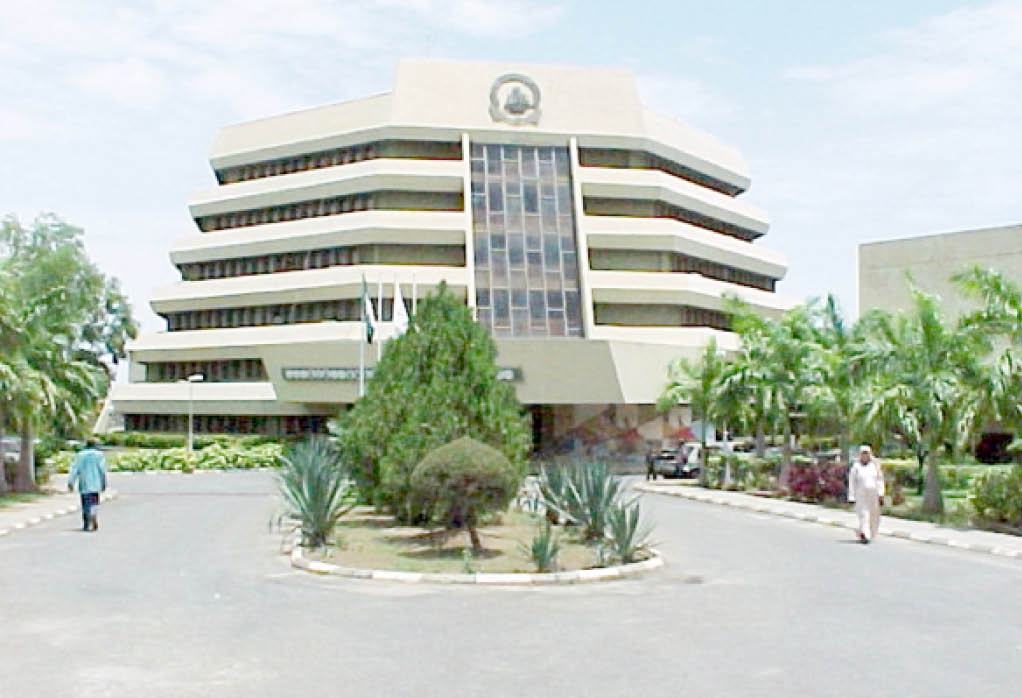In today’s rapidly evolving world, Western universities are leading the charge in adapting their curricula and course titles to meet the demands of contemporary society. This transformation is important for ensuring that the knowledge imparted to students is relevant and actionable in addressing current global challenges. Programs such as the MSc Climate Change: Science, Society & Solutions at the University of Manchester, the MSc in Global Environmental Change and Planetary Health at Cranfield University among others. These courses are meticulously designed to equip students with the skills and knowledge necessary to tackle pressing environmental and societal issues.
The importance of this educational evolution cannot be overstated, especially for African universities, and particularly those in Nigeria. It is vital that Nigerian universities recognise the necessity of adapting their curricula to meet contemporary knowledge demands. Persisting with outdated subjects does a disservice to students, who graduate with knowledge that may no longer be applicable in the modern world. This is especially true in fields such as geology, where Nigerian postgraduate programs often emphasise traditional courses like mineral exploration, stratigraphy & sedimentology, etc. While these areas hold historical significance, the evolving landscape of the geosciences demands a more forward-thinking approach.
For Nigerian universities to align with global trends and ensure the relevance of their academic offerings, it is important to introduce innovative programs that address contemporary issues and leverage modern technologies. For example, instead of continuing with traditional courses, we could introduce programs like Critical Minerals Studies, which would focus on the exploration and sustainable management of critical minerals essential for modern technology and renewable energy solutions. Digital Stratigraphy and Climate Change could integrate digital technologies with traditional stratigraphy to explore the impacts of climate change on sedimentary processes and the geological record. Integrated Basin Analysis could combine geological, geophysical, and geochemical data to provide a comprehensive understanding of sedimentary basins, crucial for natural resource management and environmental assessment. In addition to these, Big Data and Sedimentology could leverage big data analytics in the study of sedimentological processes, equipping students with the skills to handle large datasets and perform advanced statistical analyses.
All of these examples suggest that it is important for academic institutions in Nigeria to innovate and embrace new concepts that address contemporary challenges. Academics in Nigeria must also understand that curricula are not immutable. Just because a subject has been part of the curriculum for decades does not mean it should remain unchanged. The refusal to modernise curricula and teaching methods will inevitably hinder Nigerian universities’ ability to compete on the global stage. To ensure that graduates are equipped with the knowledge and skills required in the modern world, it is necessary to remodel educational systems and thinking processes.
Continuous curriculum assessment is also important for maintaining relevance and alignment with global trends and technological advancements. This involves regularly reviewing and updating curricula to ensure they meet contemporary demands. Engaging with industry stakeholders is also essential for understanding current and future skill requirements, ensuring that academic programs produce graduates who are ready to meet these needs. Investing in faculty development is another key component, providing opportunities for faculty to engage in ongoing professional development to teach contemporary subjects and utilise modern pedagogical techniques. Incorporating technology in education is also vital, leveraging digital tools and platforms to enhance learning experiences, facilitate research, and provide students with the skills needed in a technologically advanced world. But beyond these, fostering an innovative academic culture that encourages creativity, critical thinking, and problem-solving among students and faculty is essential for creating an environment where new ideas can flourish, and traditional paradigms can be challenged.
It is also worthy of note that modernising the curriculum is not just about keeping up with global trends but also about addressing the unique challenges faced by Nigeria and the broader African continent. Issues such as climate change, sustainable development, and technological advancement are not just global concerns but also local ones that require localised solutions. By adopting a forward-thinking approach to education, Nigerian universities can play a pivotal role in driving sustainable development and innovation in the region.
This transformation is not merely an academic exercise but a critical step towards ensuring that Nigerian universities produce graduates who are well-equipped to tackle the challenges of the modern world. Through innovation, fostering industry collaboration, and continuously assessing and updating academic offerings, Nigerian universities can ensure that their graduates are prepared to meet the demands of contemporary society. This will not only enhance the competitiveness of Nigerian universities on the global stage but also contribute to the sustainable development of the country and the region.
The challenge before Nigerian universities is clear—to transform outdated curricula into modern, relevant programs that prepare students for the future. The time for change is now, and the benefits of such a transformation will be far-reaching for students, institutions, and the broader society. Now is the time to take bold steps to modernise the curricula and embrace contemporary knowledge demands so that Nigerian universities can ensure that they remain at the forefront of global education and contribute meaningfully to the advancement of knowledge and society.
Mohammed Dahiru Aminu wrote this piece from Abuja. He can be reached at [email protected]

 Join Daily Trust WhatsApp Community For Quick Access To News and Happenings Around You.
Join Daily Trust WhatsApp Community For Quick Access To News and Happenings Around You.


